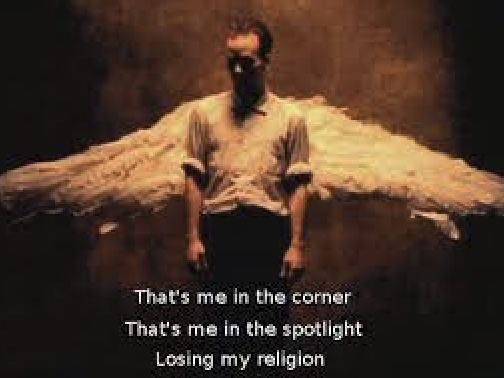President Joe Biden has talked about the battle for the soul of the nation. In fact, he gave a speech about just that in September 2022, two months before the midterm elections, at Philadelphia’s Independence Hall, in order to rebuke Donald Trump and his divisive politics.
“Donald Trump and the MAGA Republicans represent an extremism that threatens the very foundations of our republic,” Biden, a practicing Catholic, said at the time.
Nearly a year later, the leading Republican presidential candidates came together in Milwaukee for the chance to take on Biden in the November 2024 election. The headline-grabbing elephant in the living room: Former President Donald Trump did not take part.
What emerged from these eight candidates at the Fiserv Forum was an often-heated two-hour debate in which they weren’t afraid to bring up faith and family as a reason why Biden’s America has been a failure. The Fox News debate was the first of the GOP primary season. Trump, meanwhile, staged an interview with the exiled Fox News superstar Tucker Carlson, which was streamed live on the X platform (formerly known as Twitter).
While the candidates vying for the White House agreed America is undergoing a crisis, they differed on exactly why. It set the stage for what will be a very interesting primary and one where issues surrounding faith and family won’t be ignored by millions of Americans, even if they are downplayed in mainstream media coverage.
Faith and family are not new talking points for GOP candidates. It’s a trend that dates back to the 1980s during the Ronald Reagan era and has continued with the rise of the Christian Coalition and, in recent years, the large support of white evangelicals for Trump, especially in two-party national showdowns. The U.S. Catholic bishops have also become more outspoken on many moral and social issues.










